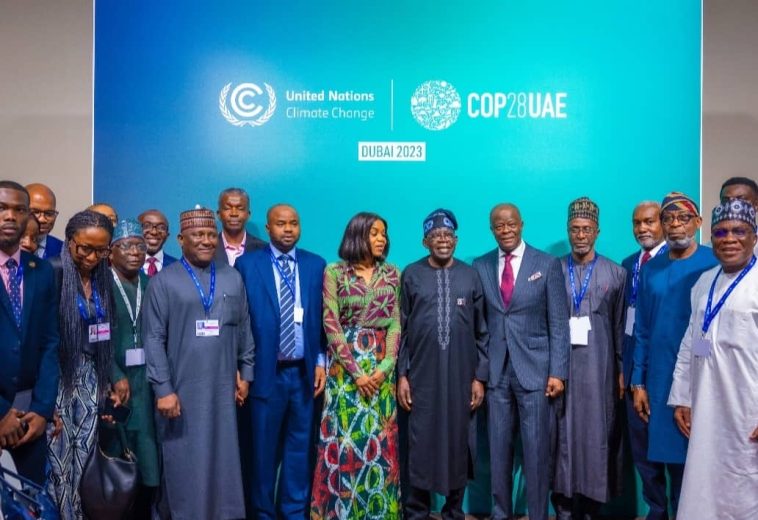The intricate fabric of Egypt’s economic dynamics under President Abdel Fattah el-Sisi’s tenure encapsulates a narrative rife with ambition for reform, juxtaposed against enduring structural impediments. Despite its stature as Africa’s second-largest economy, Egypt finds itself entangled in underlying economic complexities, casting shadows on its growth trajectory.
Upon assuming office, El-Sisi inherited a labyrinthine economic scenario characterised by soaring unemployment rates, inflationary pressures, and a mounting debt burden. His presidency was undergirded by a resolute aim: to steer Egypt’s economy away from its conventional import-centric approach, aligning it with the nation’s 2030 Vision. However, this transition encountered formidable obstacles, including a plummeting Egyptian pound and an inflationary surge.
The administration attributed these economic tribulations to a historical legacy of underdevelopment, rapid population expansion, and extrinsic factors such as the disruptive impact of the COVID-19 pandemic and ongoing conflicts, mirroring El-Sisi’s official narrative.
Notwithstanding the fervent push for economic diversification, Egypt’s overreliance on foreign aid, primarily in the form of loans, led to an inflation of the country’s debt, exerting immense strain on its financial stability. Despite an estimated growth of the economy ranging between 4 and 5 percent in 2023, there emerged a stark disparity in living standards for the average Egyptian populace, highlighting the yawning economic chasm.
El-Sisi’s economic policies, oftentimes likened to those of oil-rich states or bustling mercantile economies, encountered discord with Egypt’s actual economic status quo, sparking concerns over extravagant spending and a dearth of fundamental developmental initiatives.
The administration’s dependence on enterprises owned by the military exerted a palpable influence on economic policies, constricting the private sector and adversely impacting citizens via escalated taxes and burgeoning public service fees. A staggering 30 million Egyptians grappled with daily earnings below $30.20, stagnant wages, escalating prices, and exacerbated unemployment rates.
In response to mounting economic duress, El-Sisi unfurled his reform agenda, envisioning a doubling of the private sector’s magnitude by 2025 through the divestiture of state-controlled entities, banks, and energy corporations. These measures were envisaged to spawn employment opportunities, enhance infrastructural frameworks, and mitigate the chronic traffic congestion in Cairo.
However, luring foreign investments encountered impediments owing to the pronounced role of the military in Egypt’s economic landscape, serving as a deterrent to international investors. Scepticism loomed large over the viability of these reforms, particularly amidst the weighty burden of foreign debt.
Despite earnest endeavours towards economic recalibration, the International Monetary Fund’s prognostications portended a 3.2 percent downturn in Egypt’s economic prospects for 2023, sowing seeds of scepticism regarding the administration’s reform strategies.
As Egypt gears up for electoral proceedings, economic challenges retain their pivotal status. The nation grapples with the tightrope walk of diversifying its economy, curbing reliance on foreign loans, and redressing fundamental structural fissures to chart a path towards sustainable growth.


